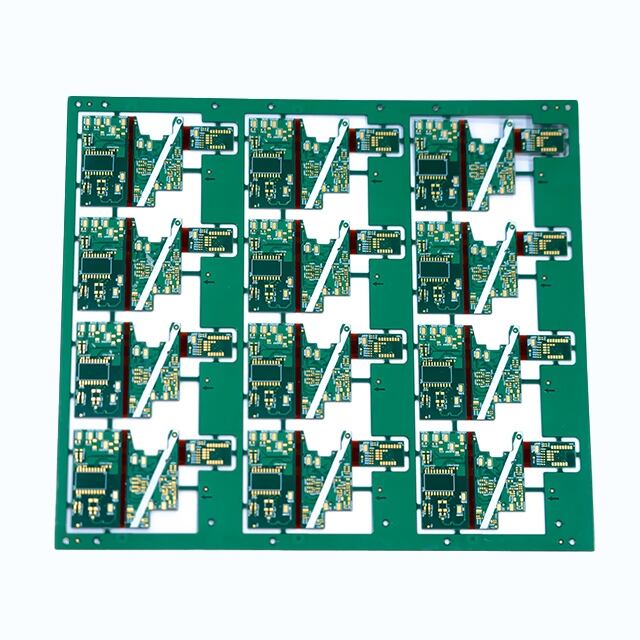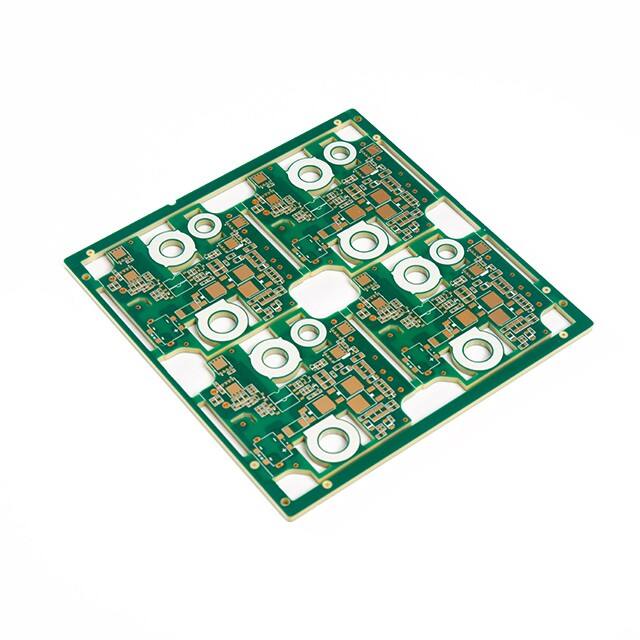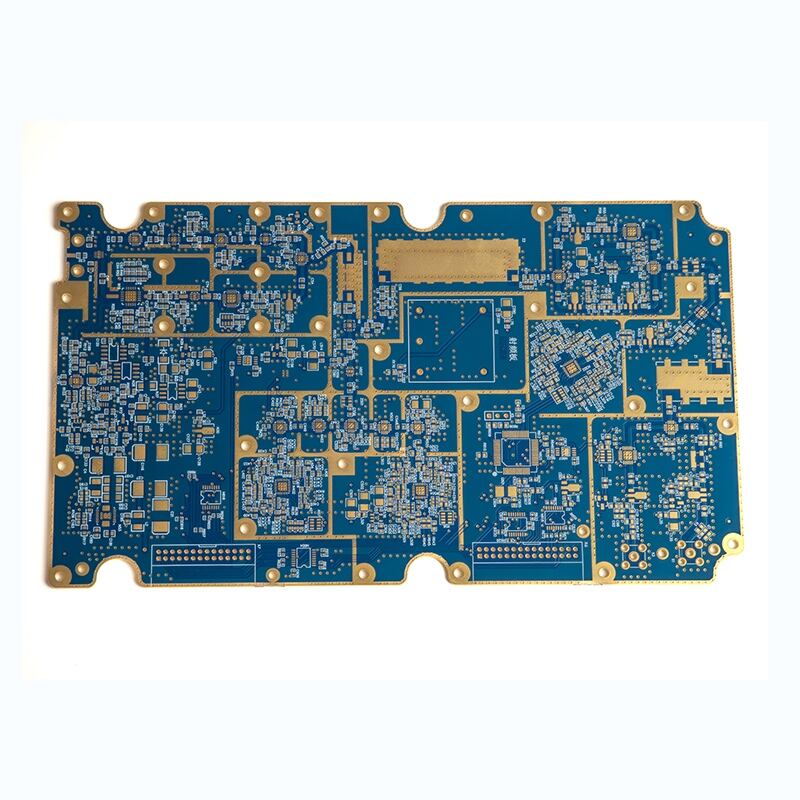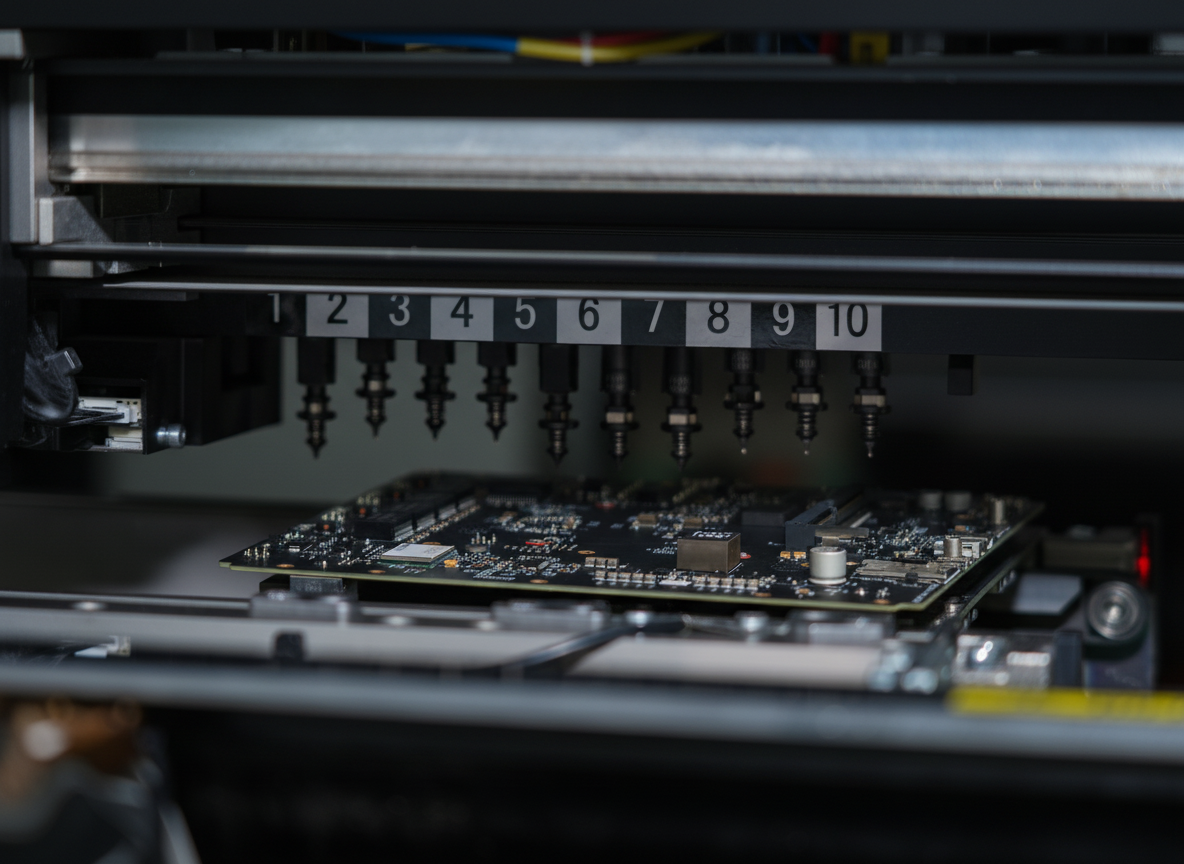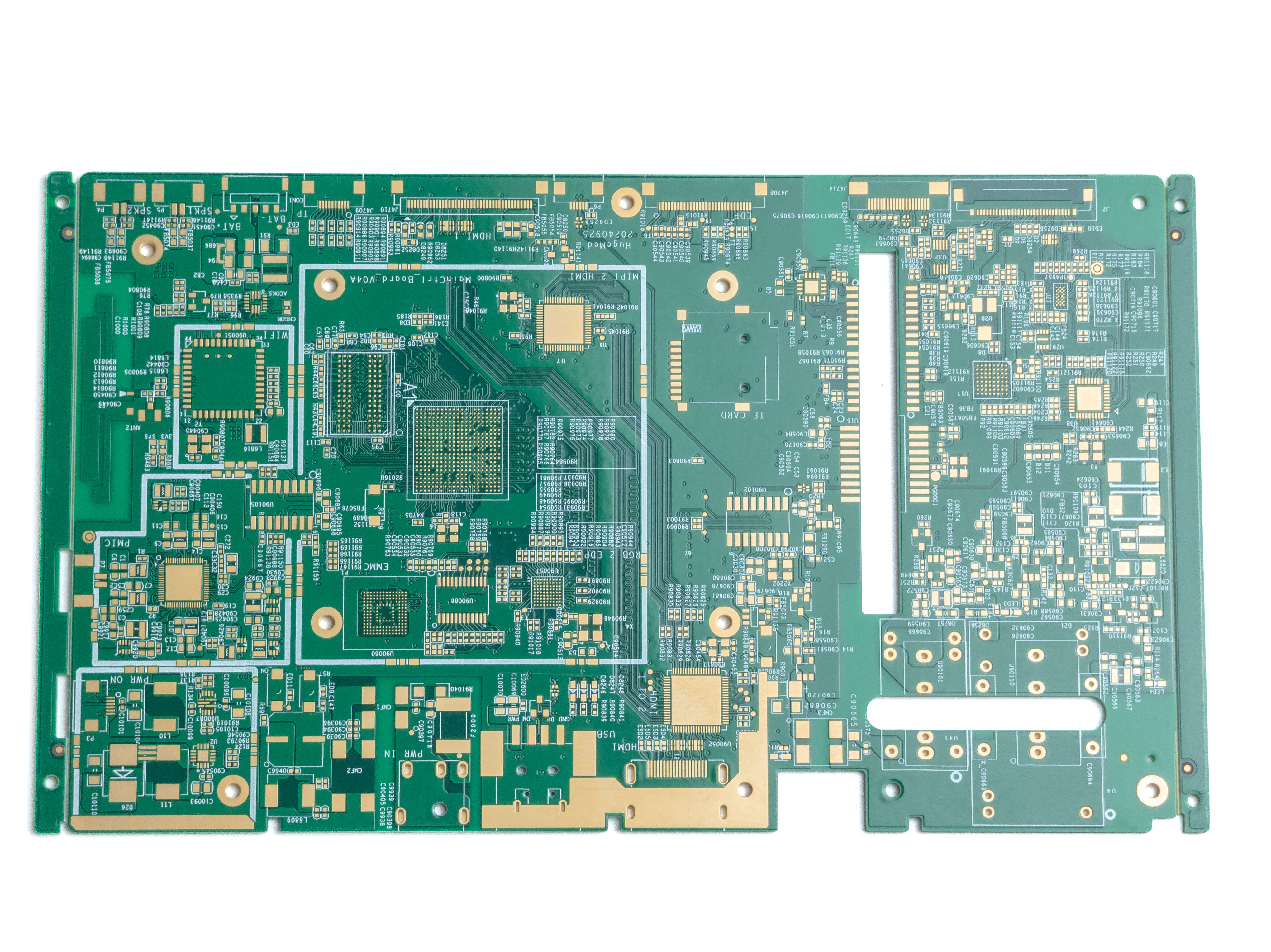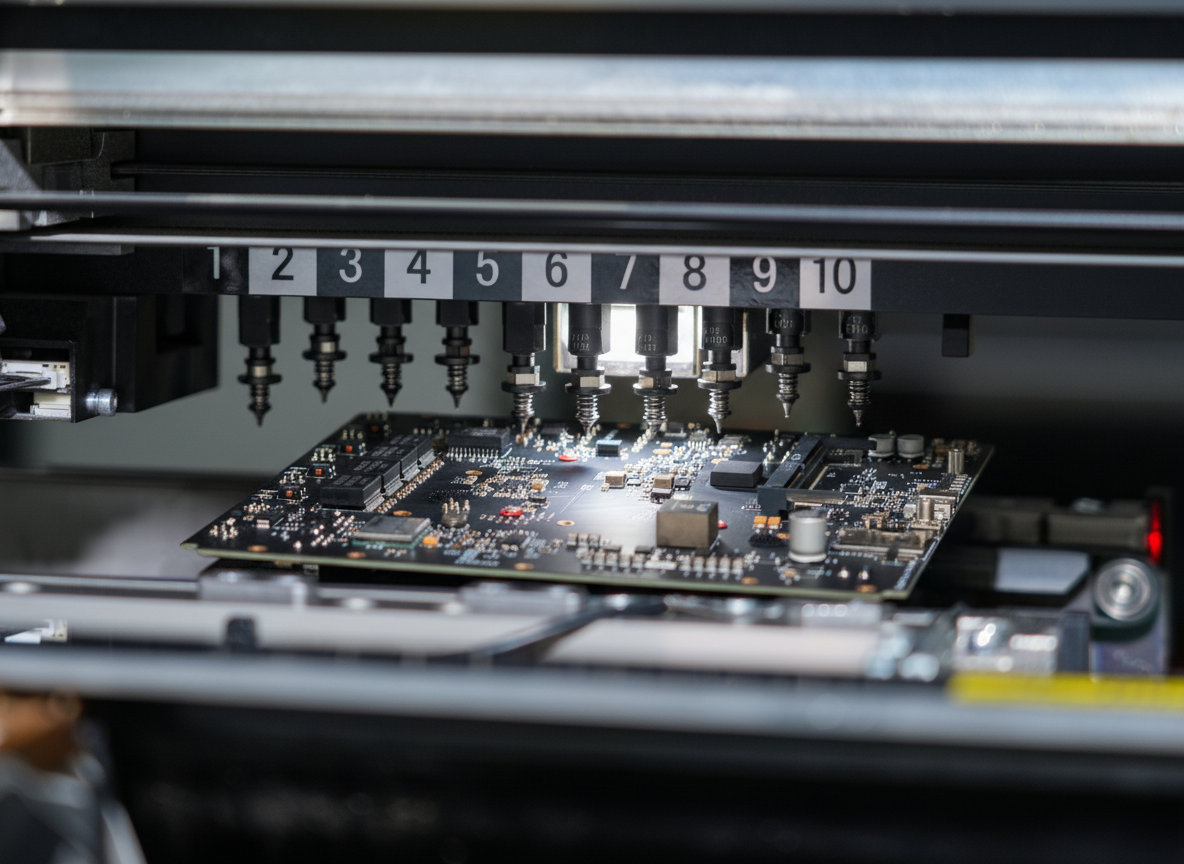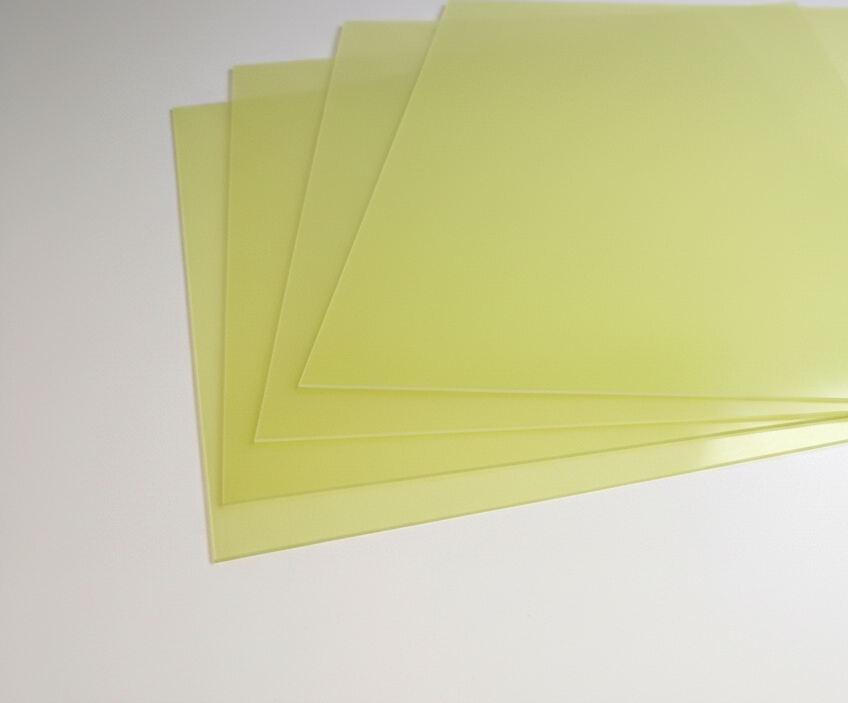rigid pcb board
A rigid PCB board, or rigid printed circuit board, represents the foundation of modern electronic devices, serving as a robust platform for mounting and interconnecting electronic components. These boards are manufactured using a solid substrate material, typically FR-4 glass-reinforced epoxy laminate, which provides exceptional mechanical stability and electrical insulation. The board features conductive pathways, or traces, etched from copper sheets laminated onto the substrate, creating reliable electrical connections between components. The rigid nature ensures consistent performance and protection against environmental factors while maintaining precise component placement. These boards can be produced in single-layer, double-layer, or multi-layer configurations, offering various complexity levels to meet different application requirements. The manufacturing process involves sophisticated techniques including photolithography, etching, and automated assembly, ensuring high precision and repeatability. Rigid PCB boards are extensively used in consumer electronics, industrial equipment, automotive systems, medical devices, and aerospace applications. They excel in applications requiring high reliability, consistent performance, and resistance to mechanical stress, making them the preferred choice for most electronic devices we use daily. Their standardized manufacturing process allows for cost-effective mass production while maintaining high quality and reliability standards.

